How to Survive a Wipeout with Nathan Florence
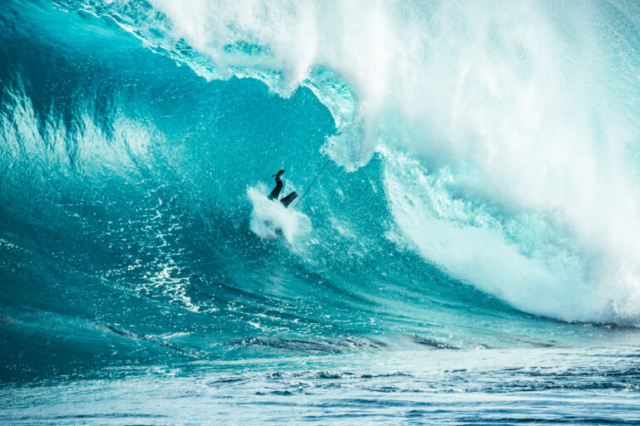
Learn how to wipeout: Obliteration. Carnage. Aquatic car accidents. Wipeouts.
Get used to copping a beating, because it’s an unavoidable part of being a surfer.
We all aim to progress, to push boundaries, and to expand our comfort zones in the surf. Progressing right along with our upward trajectory is the severity of the potential shit-eating we’ll do when wiping out.
We all have our stories of heavy wipeouts, near-drownings, and reef cuts, yet most of them pale in comparison to surfers like Nathan Florence. He’s one of the world’s best surfers and chargers, so when he sits down to chat about surviving a wipeout and expanding our comfort zone, I’m all ears.
Here’s How to Wipeout.
I didn’t want to panic, but I simply did, I was out of breath and I was scared, that happens to me all the time. Every single big swell I have anxiety, I have my doubts, I get scared, before the swell I wonder “there are heavy consequences, could it be this one”, it’s the ocean it’s mother nature, you cannot predict it, as soon as you try and predict it, as soon as you get overconfident, mother nature does not hesitate to slap you back into place
Big Takeaways from Nathan Florence: How to Wipeout
Wiping Out – Learn From Your Mistakes
Every failure is an opportunity to learn. That is the nature of life and the nature of surfing. In fact, it’s an essential and necessary part of surfing. It’s a critical tenet of what we coach and preach on our Surf Coaching Camps.
Embrace the process of failure and most importantly, learn from that failure, learn from that wipeout.
Take notice of how he dissects his drop-in, looks at what went wrong, and how he realizes he was trying to direct down the line too early which caused his board to disengage from the wave face. I’d be willing to bet that he isn’t likely to make that mistake again.
If you have a wipeout that rattled you, pull the emotion off it and look back it rationally an open-minded.
- What should you have done differently?
- Next time what will you do differently?
- What do you need to work on, or which specific skill that should you develop in order to not make that mistake again?
- Was it a wave reading fault? An equipment fault? A mental hurdle? Or just a straight-up wonky kook fail?
Embrace the wipeout and learn from it.
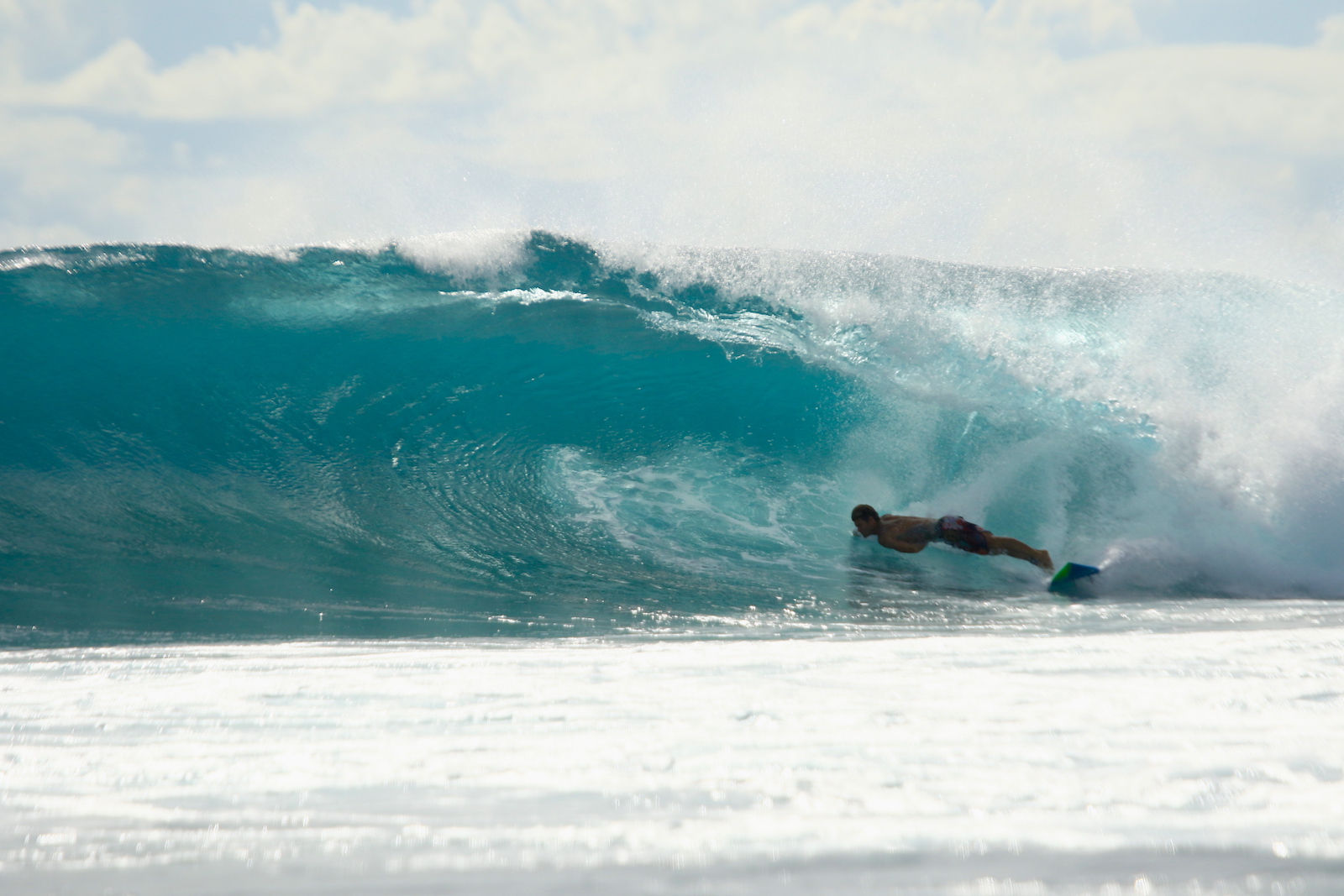
This pic is me eating it at HT’s. I saw this set coming up at the top of the reef called The Office. I scratched up there, turned late, made the drop, went too squatty and heavy back footed, slipped the fins out, face planted, got pulled up the face and smashed down with the lip, instantly popped my leash, got a bit scraped up, and swam across the reef into the lagoon to grab my board that had washed up on the beach. Bummer, because that was shaping up to be a hell of a good wave.
Most importantly what did I learn from it? I need to trust my rail, maintain my light lean into the wave face, and not go heavy back footed and squatty on a drop like that.
This surfing wipeout taught me a valuable lesson, and you should do the same. Surfing is built on failures and wipeouts, so accept the inevitability and learn from the wipeouts.
Over Confidence
“Never, never underestimate a wave-like chops, or any wave for that matter…”-N.F.
In his video he discusses overconfidence being his biggest initial problem. Taking a wave or the situation for granted, and that overconfidence leading to poor decision making.
There’s a fine line yet distinct difference between being confident and overly confident. Confidence helps to bolster your emotional readiness, supports your decision making, and allows for you to feel comfortable in the lineup. Overconfidence leads one to make poor decisions, go when they shouldn’t, and essentially get lazy with decision making. This can have serious consequences at a wave-like Chopes or any wave for that matter.
I’ve seen too many guys, and gals, get seriously injured on the small days. Surf with confidence, but a healthy dose of awareness that the ocean can fuck you up at any moment.
The aspect of being comfortable and confident is huge in its relation to having a successful surf. Navigating the lineup, not pulling back, and pushing your limits, they’re all acts built on confidence and a positive mindset. It’s a process that we often discuss when coaching surfers to new limits, or to new breaks. Using awareness, building familiarity and experience, and laying the foundations for confidence.
You can hear how Nathan talks about how comfortable he is out there. He’s put in the time, the effort, the wipeouts, and built a foundation of understanding and confidence. His subtle awareness of how these longer periods of swell hit the reef differently, his abilities to read the waves accurately, he knows that chunk of reef and that wave intimately.
His past experience has built confidence. At that point, it’s a teeter-totter of confidence and overconfidence. Being overly comfortable starts to peel back that bit of trepidation, the “oh shit” factor that adds a dose of caution. Suddenly you’re committed to a big wave that you shouldn’t’ have committed to in the first place and you’re going over the falls for a reef-lesson in humility.
I personally had some firsthand experience with this on our most recently finished North Sumatra Coaching Trip.
It was after the fact, and fortunately not losing skin on the reef, that I realized I was taking too many risks going for barrels that weren’t in the least bit makeable, yet throwing myself into the oblivion.
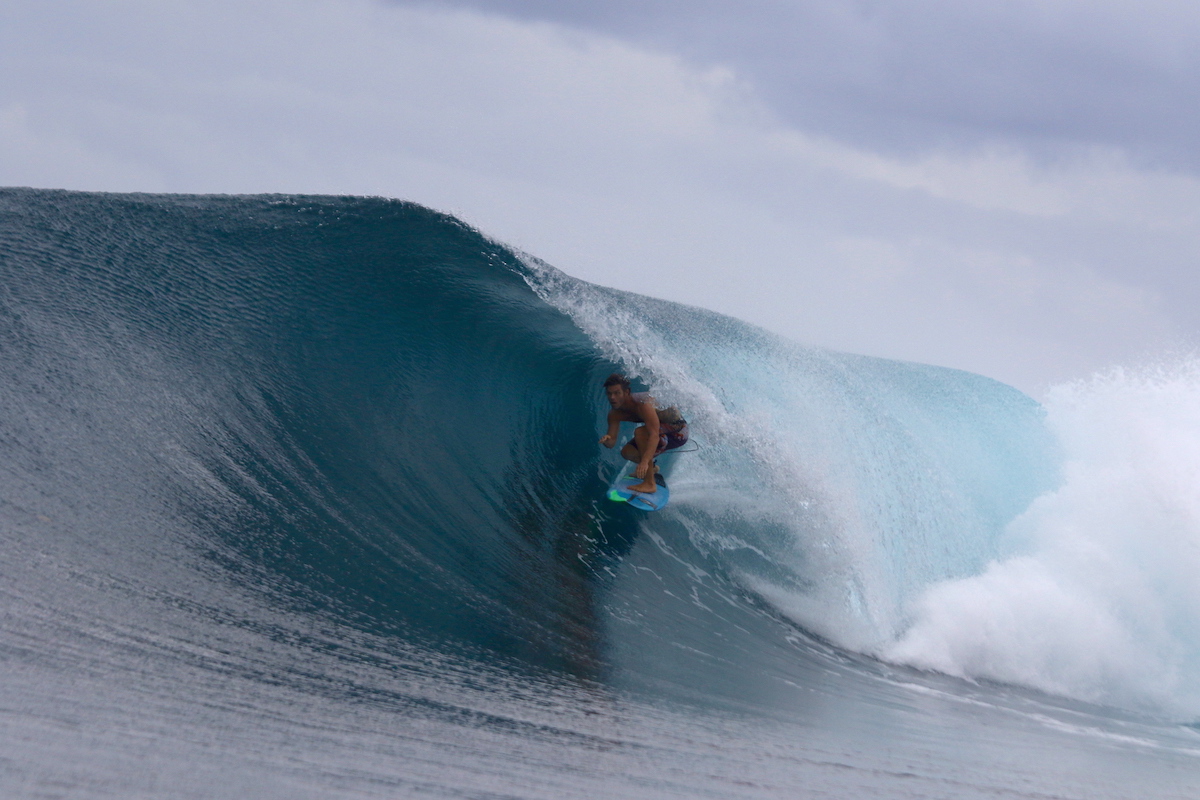
When going through photos at night on the boat I saw myself tucking into a lot of waves I shouldn’t have. I had no fear on that wave (Treasure Island), despite it being a world-class wave and an unrelenting reef. And I came out completely unscathed, but that was mostly due to luck. *It’s an incredible big wave, I grabbed a few proper ones, check that pic!
I pulled in my perspective and had a look at Clayton Nienaber and Twiggy Van Ryan, the other coaches on our trip, and their efficiency in surfing. They’re both particular, specific, and accurate in deciding when and where they go for a proper pit. They don’t make them all, but they’re both far more discerning than I. That’s truly important when you’re in the middle of nowhere in the Indian Ocean, a long helicopter ride to anything that resembles a hospital.
I had an “aha” moment when looking at that and realising I was taking too many chances, on a damn shallow and sharp reef. I needed to learn my lesson without a reef induced skin eating lesson, and pull back my over-confidence to a smart and accurate confidence.
Be Calculated & Smart, But Still Send It
It boils down to safely, yet accurately pushing boundaries. Sometimes you just gotta send it, and potentially get the wave of your life, or the wipeout of your life, but that’s surfing, and that’s experience, and it’s the adrenaline aspect of surfing. It’s rad. But as you get older, have a perspective of life responsibilities, and don’t want to end up in a medivac chopper, you need to push boundaries with a healthy dose of awareness and preparation.
Send it, have fun, be safe, be calculated, always calculate your risk, Be as prepared as you possibly can be for when a situation like that does happen, don’t send it without first looking and being calculated
Fear
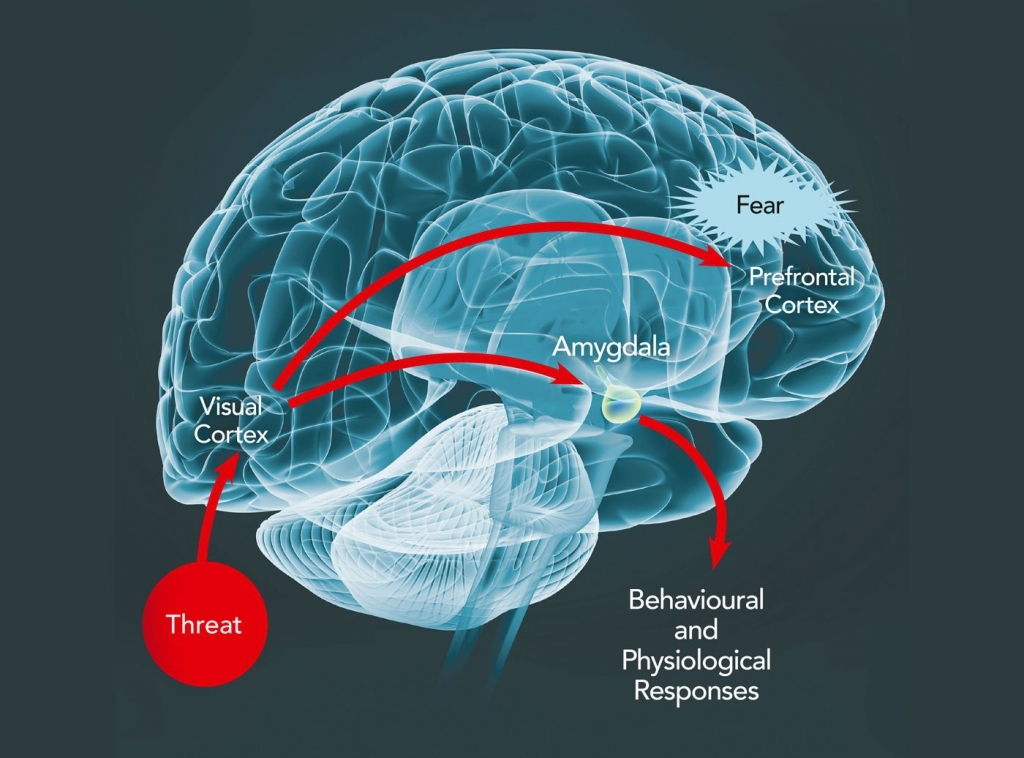
Safely pushing boundaries and knowing when to push them also encompasses the 4-letter word, FEAR. You will feel the fear. What is imperative is that the fear doesn’t override into a panic. Panic can be a killer. Fear is natural, expected, and can be harnessed to bring focus and accuracy.
It comes back to this quote from Nathan: “I didn’t want to panic, but I simply did, I was out of breath and I was scared, that happens to me all the time. Every single big swell I have anxiety, I have my doubts, I get scared, before the swell I wonder “there are heavy consequences, could it be this one”, it’s the ocean it’s mother nature, you cannot predict it, as soon as you try and predict it, as soon as you get overconfident, mother nature does not hesitate to slap you back into place”
I want you to have a working model and a more thorough understanding of Fear because just as wiping out, it’s inevitable as your progress as a surfer. I’ve touched upon it in great detail here: How to Overcome Fear in the Surf
How to Eat Shit – The Art of Wiping Out
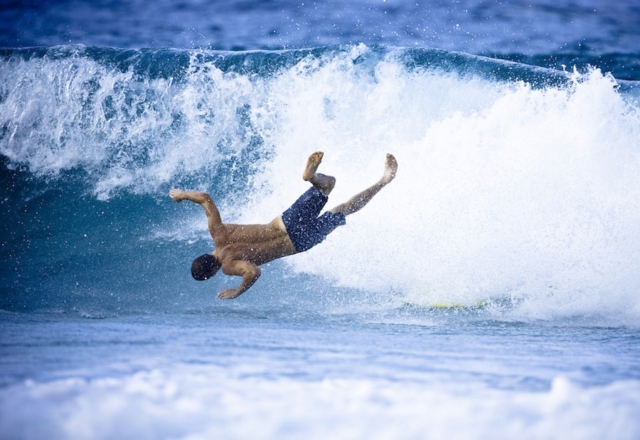
I personally found this truly insightful. I always ask the big wave surfers I’ve had the chance to surf with or hang with about the technical aspects of eating shit.
- What should I do when jumping off a board in a barrel?
- When do I know to pencil dive or head cover?
- What’s the best way to fall in shallow water?
These are things I want to know! So I got stoked to hear Nathan talk about and lend some serious professional insight.
There’s no way to practice for this. The only way to practice is to be in these situations. You can’t train for these things, it’s just repetition of experience.
I agree with him, but you can at least grab a healthy dose of knowledge from those more experienced and apply it to your shit-eating wipeouts.
I’m just going to throw a list of quotes and insight that I found relevant:
Jump, pencil dive and get out the back
Don’t want to be on the surface of the barrel, try to get some penetration prior to being sucked over.
Try to throw yourself ahead of the lip into the whitewater, rather than taking the lip straight down to the reef (being fully sucked over).
Anytime I have that falling sensation I try to rotate my body to have hands and feet facing downwards towards the reef
If there’s no time when being driven down, buckle up and cover-up, that shit is gonna come fast (the reef)
Go to on the bottom, get the feet planted underneath you and do a jump to the surface. Sacrifice the feet, and get to the surface for air.
One particular aspect of his wipeout and breakdown that I found really helpful was his discussion of not trying to dive under the next set of whitewater. I immediately recall several wipeouts of mine that this knowledge would have saved me some skin scrapes across the reef.
Here’s what he had to say:
“I just put my head down on the next white water, which I don’t ever dive under the next big whitewater coming, I don’t try and go deep. If it’s shallow I simply put my head under and then I would do like I was getting sucked over…. “
He goes on to elaborate he would try to use bodily momentum to project with the water and get to the surface, and getting to the surface of the whitewater and riding its momentum over the reef.
A huge aspect of wiping out safely is confidence in your breathwork. If you want to dial in the basics of Breath Work for Surfers, check out this blog: Breath Training for Surfers
Within the Surf Athlete Program, you get my full training system for developing Breath Work, for health, performance, and hold-downs. Check it out!
Respect the Flow, Get in Sync, & Know When to Fold
“Some of the biggest adrenaline rushes and highest of highs have been after big wipeouts. Being through big wipeouts helps to build confidence.”
That is the truth right there. Cop a big one, brush the dust off, and start finding your flow. Going over the falls can suddenly boost confidence with the realization of “that wasn’t that bad!”. It can also drum up determination, and in those type-A folks stir up the inner drive that leads to enhanced focus.
Copping a wipeout can be exactly what you need to drive a heightened mental state or slash through fear.
I recall a coaching trip a few years back where we had a fella that was seriously stressing out, far too hard, about nothing. It was all mental, and I can completely empathize with emotional impact and it’s a physiologic response. But this had no rational base. We told him to go to the top and just go. Just send it. He did, ate utter shit, and came up laughing. He brushed it off, reset his intentions, and had a reality check that his fear had no validity or truth to it. And he went on to have great surf, minus the fear and getting into the flow.
There is a caveat to this, however.
“One big wipeout, it’s cool, a couple in a row it starts to get a little loose. You want to be smooth, you want it to be a calculated risk, always” – N.F.
I take this as referring to flow. You’re either in sync, or you’re not. You’re in the mental and physical flow state where mind and body are one, or your discordant and just not “feeling it”. This is vitally important on days that carry consequences.
Miss one… shrug it off. Wipeout on the second one… ok, that’s annoying. Eat a pile of shit on the third… it’s time to reassess where your head and body are at and possibly get out of the water if there’s a serious risk of failure (like at Chopes).
- Are you feeling it?
- What’s your intuition telling you?
- Is your brain just not syncing with your body and producing the physical responses required?
- Are you out skilled, or just having an off day?
These are questions you should ask yourself, ponder, and then make a decision as to push forwards and shred the gnar, or get out of the water and reset.>
A quick point about your brain not synching with the body: Nervous system fatigue is a very real thing, and I personally experience after a few heavy days of surfing. You know that feeling where your body just lags behind your brain. It’s annoying. If I feel that in the water when it’s solid and has some serious potential for injury, I fold my cards, go sit on the boat, and hoot my buddies into some crackers.
Fall, Learn, Laugh
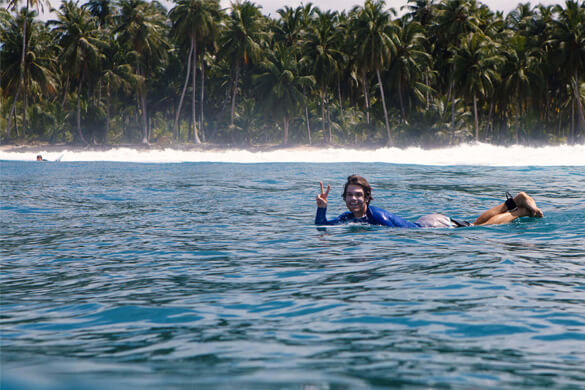
Fall because it’s inevitable, and you’re going to do it way more than you probably want to.
Learn because surfing is an endless platform for progression and growth, physically and mentally. If you’re not learning you’re not progressing.
Laugh because it’s damn good for the soul, and surfing is truly all about fun.
I hope you’ve gotten some lessons in wiping out and you can eat shit a little more safely next time.
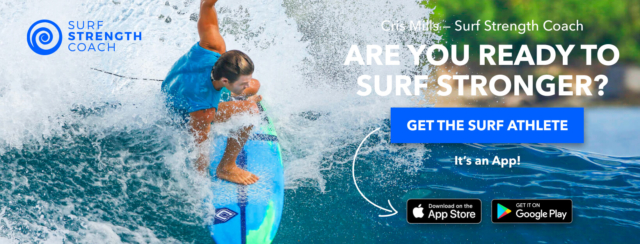

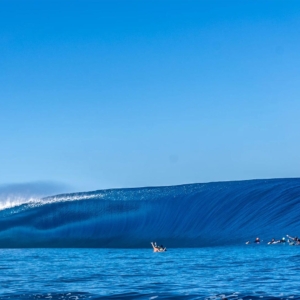
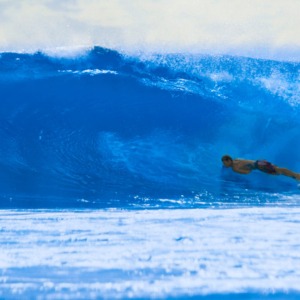
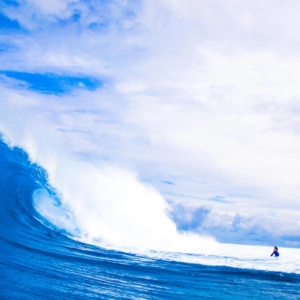
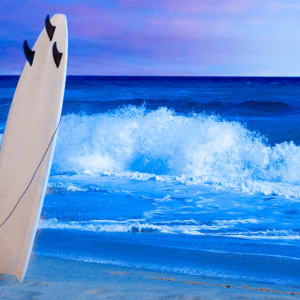
1 Comment